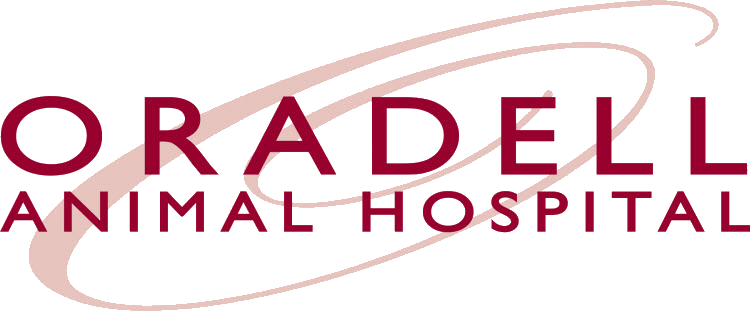The surgery department at Oradell Animal Hospital is a cut above the rest. Over the last 60 years our mission has always remained the same: provide cutting edge veterinary care while maintaining the highest level of surgical, anesthetic and patient care standards. Our board certified surgeons perform the latest techniques in soft tissue and orthopedic surgery, while offering some of the most advanced, minimally invasive procedures. Our surgery department works seamlessly with veterinarians in all our specialty departments, along with you and your primary care veterinarian, to ensure your pet will receive the best standard of care and the best possible outcome. Our surgical liaisons will keep you informed on the status of your pet every step of the way, from the time you schedule your pets appointment to their post-operative release.
Undergoing Anesthesia
As pet parents ourselves, we know the thought of your pet undergoing anesthesia is an uneasy feeling. While anesthesia does have it’s risks, having a well-trained and equipped surgical team helps us minimize potential complications. The comfort and overall well-being of your pet is our primary concern, and we take all necessary preventative measures before, during and after administering anesthesia to ensure their safety.
Pre-Op (before surgery)
- A thorough physical examination is performed and blood work is screened for abnormalities
- Additional diagnostics, such an x-rays, ultrasound and/or echocardiogram may be indicated
Intra-Op (during surgery)
Intensive monitoring and a level of care comparable to human medicine
- Electrocardiography (ECG/EKG)
- Blood pressure monitoring
- Temperature monitoring
- Pulse oximetry – monitors oxygenation of your pet’s blood
- Capnography – monitors the concentration and partial pressure of CO2
Post-Op (after surgery)
- Designated, closely monitored recovery area for post-operative patients
- Following a 2 hour post-operative window, patients are transferred to our Critical Care Unit (CCU) or Intensive Care Ward (ICW) to undergo additional treatment and further monitoring.
Pain Management
Animals aren’t always able to tell us they are in pain. Our doctors and technicians understand how to recognize the signs of pain, and are experts in managing the symptoms. Pre-operative and post-operative pain assessment is unique to each patient and comfort levels are assessed throughout your pet’s procedure, surgery and/or hospitalization.
Pain medications include:
- Constant Rate Infusions (CRIs)
- Injectable medications
- Nerve and joint blockade (local anesthetics)
- Oral medications
- Epidural medications
- Transdermal analgesics
